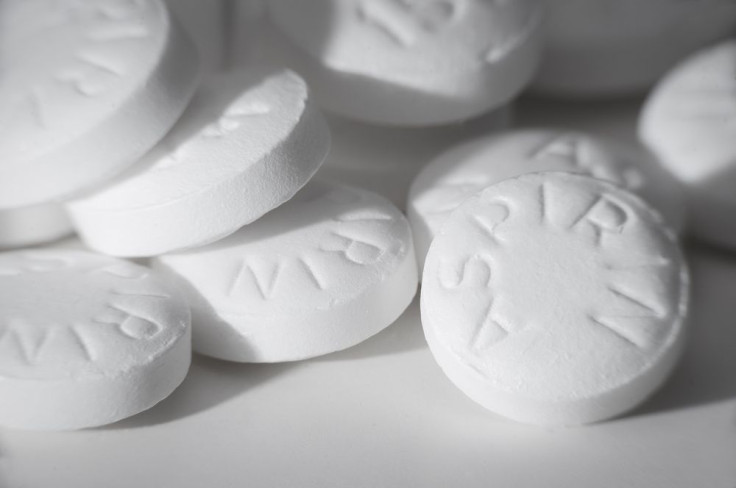Aspirin Could Help Control A Hot Temper: Drug May Offset Inflammatory Source Of Anger

Frazzled by holiday commitments? Buckling under the prospect of last-minute Christmas shopping? An aspirin might help. In a new study from the University of Chicago, researchers show that the drug used to thwart headaches and fevers may work just as well against lasting and uncontrollable anger. Besides ensuring a more tempered holiday spirit, the findings also hint at cheaper ways to alleviate the burden of mental illness.
Past preclinical research has indicated a connection between chronic anger and systemic inflammation. In theory, this means that some anger and irritability may be treated with anti-inflammatory drugs like aspirin and ibuprofen. The current study, which is published in the journal JAMA Medicine, sought to investigate these hypotheses.
For the study, the researchers examined 70 people with intermittent explosive disorder (IED) — a psychiatric diagnosis that basically denotes a very short fuse. By measuring the markers of inflammation in the subjects’ blood, the team was able to identify a strong direct link between aggression and inflammatory activity. This correlation was absent in control subjects who reported no issues with anger or irritability.
“These data suggest a direct relationship between plasma inflammatory processes and aggression in humans,” the researchers wrote in their conclusion. “This finding adds to the complex picture of the central neuromodulatory role of aggression in humans.”
That said, it is still unclear whether inflammation influences anger or vice versa. “We don’t know yet if the inflammation triggers aggression, or aggressive feelings set off inflammation, but it’s a powerful indication that the two are biologically connected, and a damaging combination,” lead author Emil Coccaro told The National Monitor.
If inflammation does trigger anger, an aspirin could represent an easy way to quell tantrums before they even happen. Aspirin, which interferes with the production of so-called prostaglandins, would help offset the biological responses that spur such irritability. Other nonsteroidal anti-inflammatory medicines (NSAIDs) like ibuprofen and naproxen would likely have the same effect.
The current study adds to the growing number of potential new uses of aspirin. Another example is a December paper in which researchers from the University of Cardiff Common Cold Center show that the trusted headache remedy may also be used to treat a sore throat. Crushing a pill and gargling it with water may suppress the symptom for up to six hours, the researchers claim.
Source: Coccaro EF, Lee R, Coussons-Read M. “Elevated Plasma Inflammatory Markers in Individuals With Intermittent Explosive Disorder and Correlation With Aggression in Humans.” JAMA Psychiatry. 2013. doi:10.1001/jamapsychiatry.2013.3297.
Published by Medicaldaily.com



























